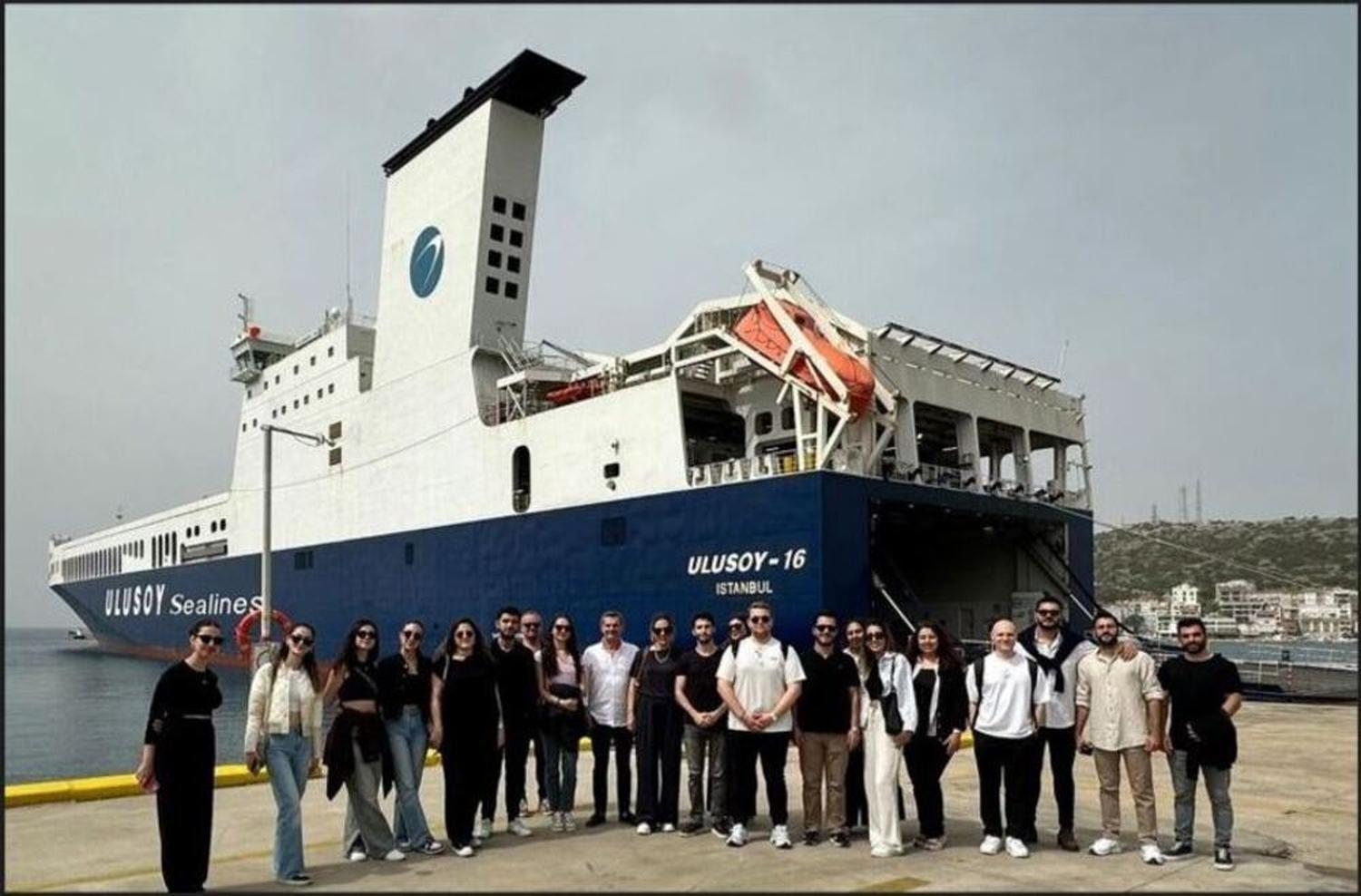
IUE Logistics Club organized a Technical Trip to Ulusoy Çeşme Ro-Ro Port
The Izmir University of Economics (IUE) Logistics Club organized a technical trip to Ulusoy Çeşme Ro-Ro Port with the participation ...
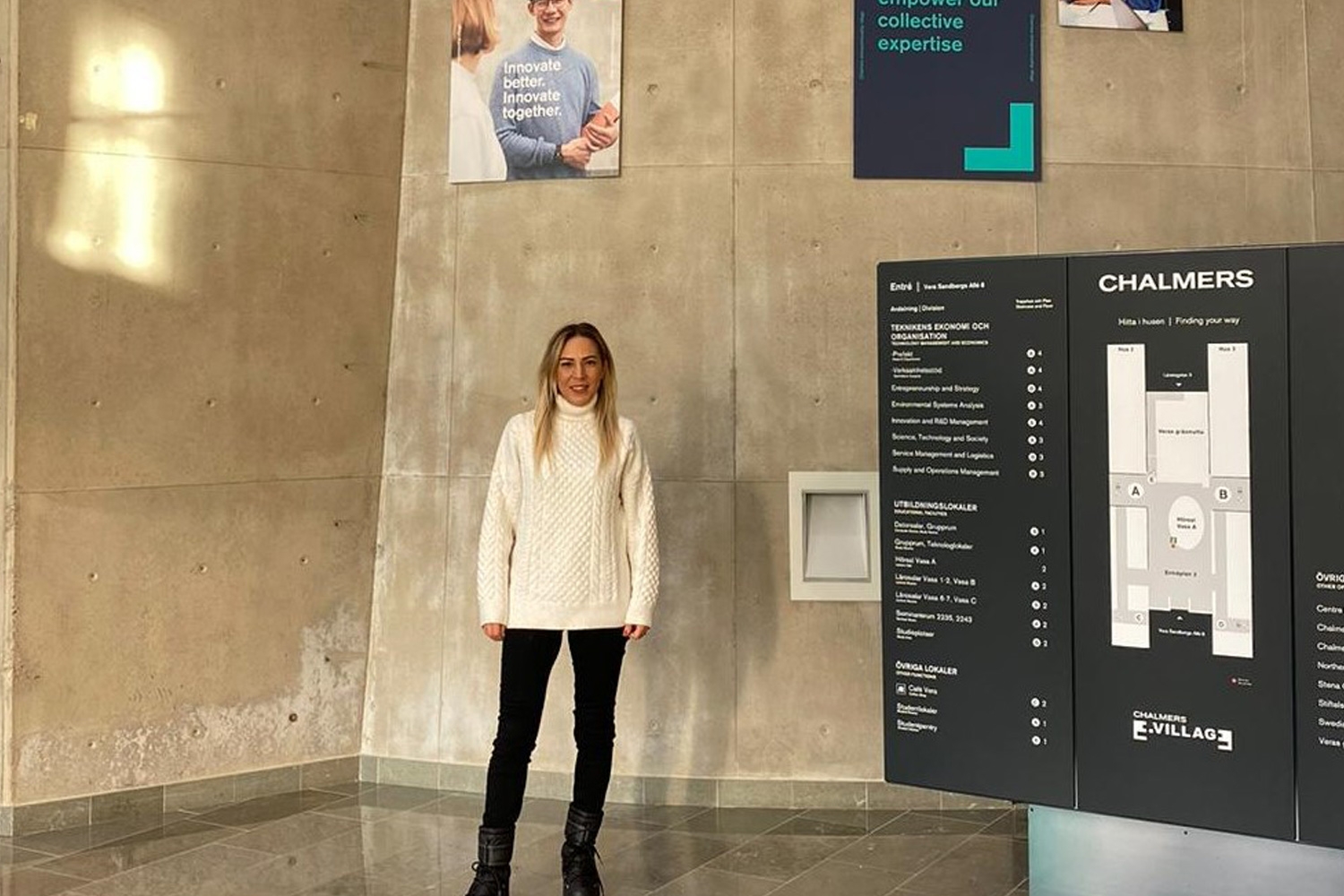
Teaching both at Izmir and Sweden
Making a difference with her successful work in the international arena, Assoc. Prof. Dr. Aysu Göçer, Lecturer at Department of ...
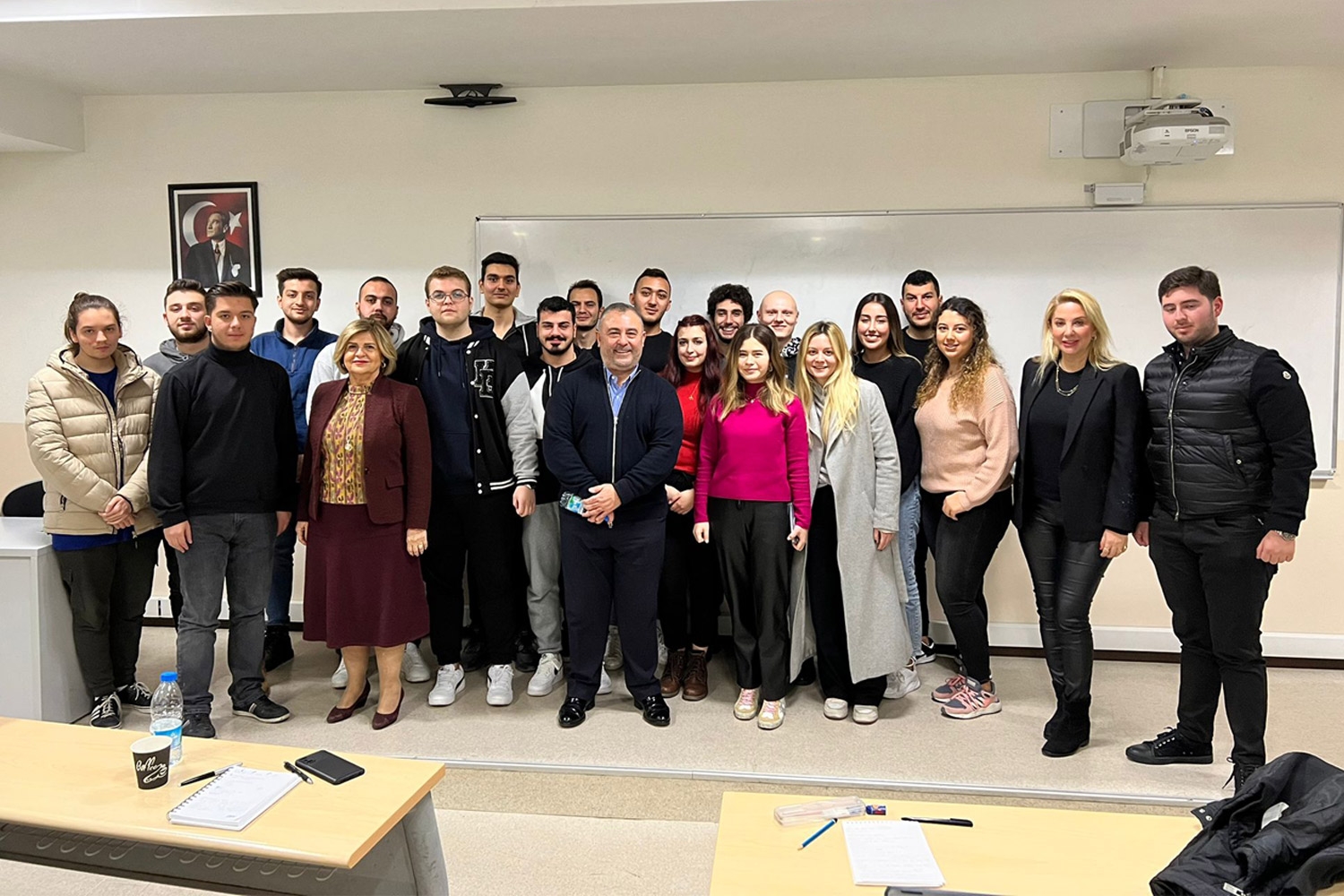
Memorial Scholarship reached to 78 young people
The education scholarship given on behalf of the late Doğan Turhan, the philanthropist from Izmir, the founder of one of ...
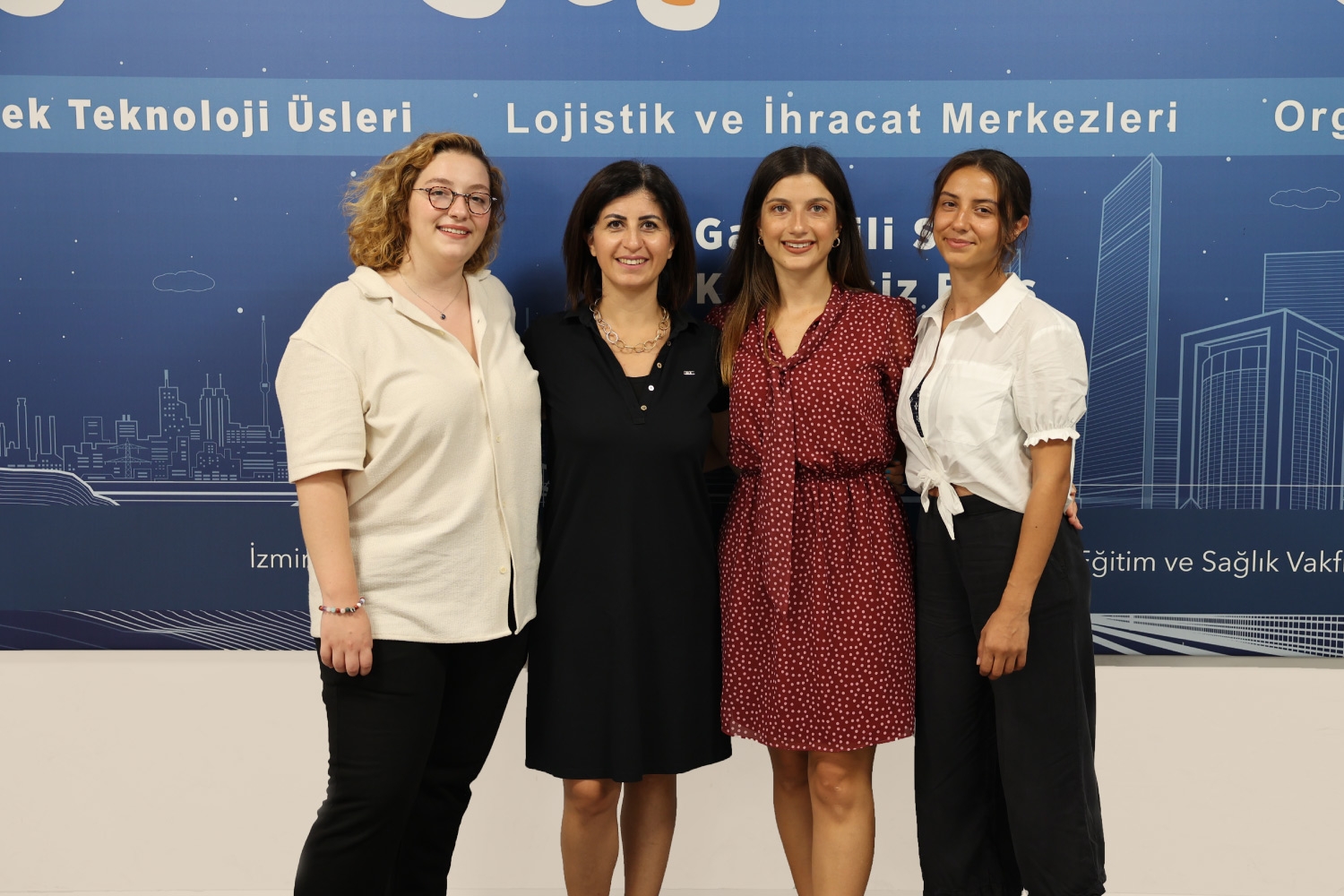
‘Green’ logistics going abroad
Assoc. Prof. Dr. Işık Özge Yumurtacı Hüseyinoğlu from Izmir University of Economics (IUE) Department of Logistics Management and her 3 ...
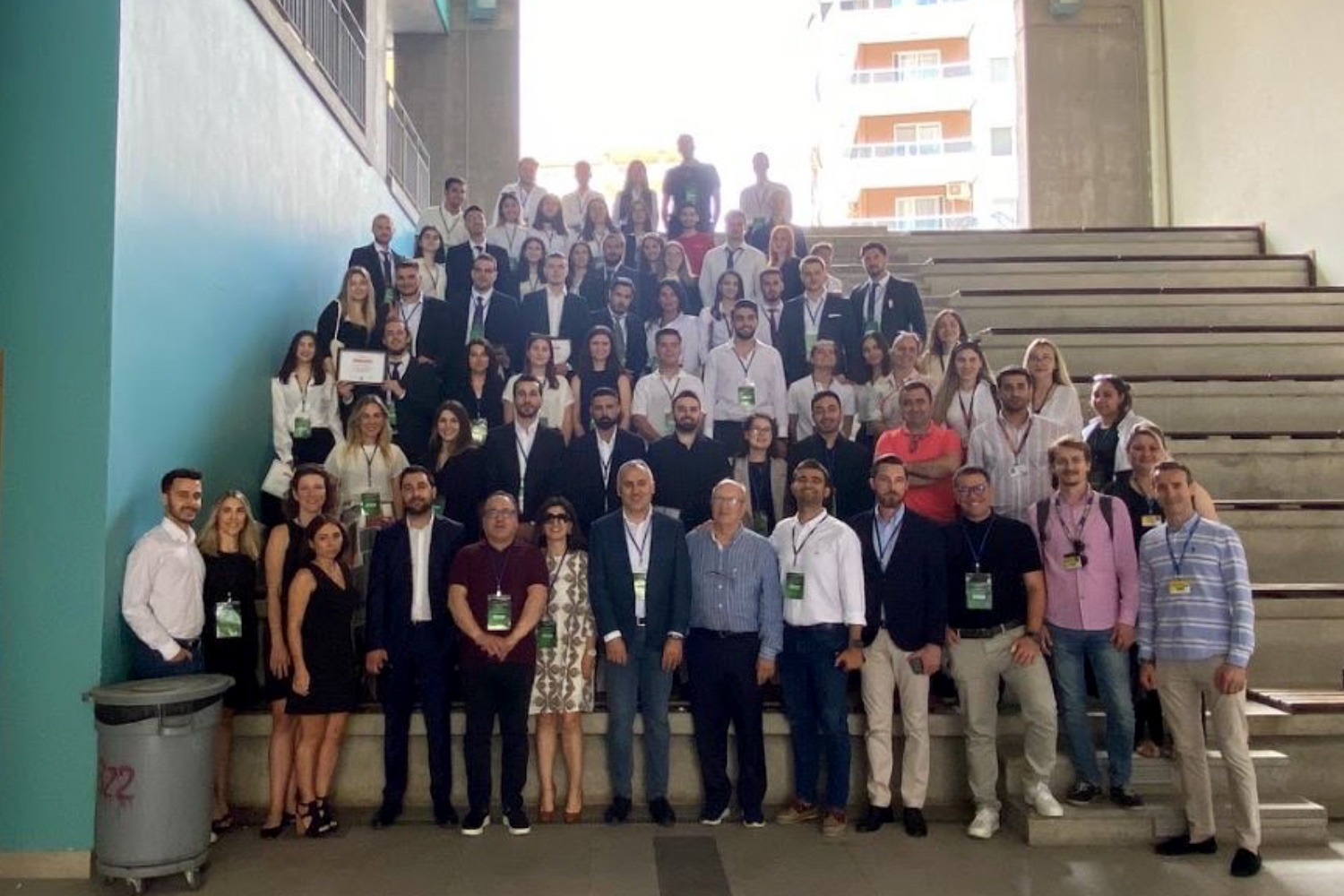
...








